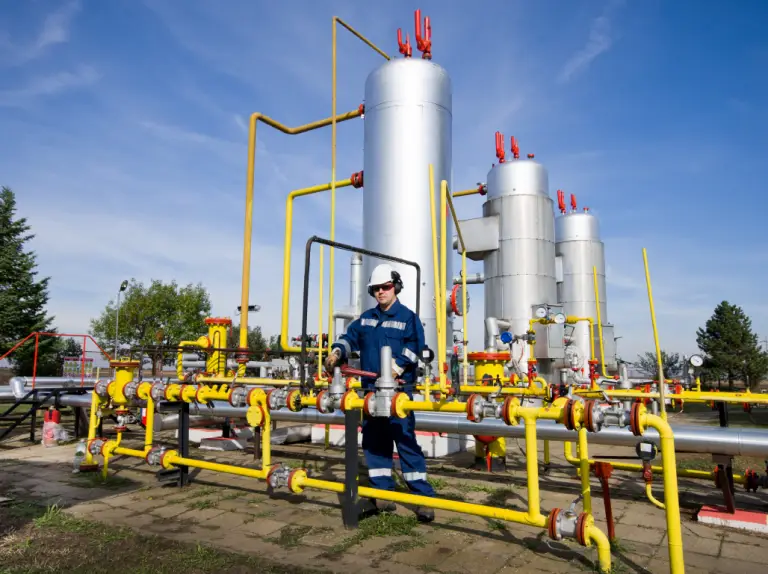Introduction
Behind the scenes of day-to-day operations in any industrial plant facility lies the role of the plant operator. Plant operators ensure that production processes run smoothly, efficiently, and safely. Becoming a plant operator requires a strong understanding of the technical aspects of the equipment and processes involved in their industry, as well as a keen eye for detail and a commitment to safety and environmental compliance.
What it Takes to be a Plant Operator
Becoming a plant operator requires a combination of technical knowledge, safety awareness, the ability to work effectively in a team-oriented environment, and, practical skills such as adaptability, problem-solving skills, and attention to detail. THORS offers several helpful courses in the domains of process technology, industrial maintenance, safety training, equipment-specific training, control systems, and automation that one can consider to upskill and advance in the plant operator career.
A Plant Operator's Typical Day
A plant operator’s day is usually fast-paced and dynamic, with a focus on maintaining equipment reliability, optimizing process performance, ensuring safety, and meeting production goals. A typical day for a plant operator often begins with a shift handover where the outgoing operators brief the incoming operators on any relevant information from the previous shift, such as equipment status, ongoing tasks, or issues encountered. They then conduct visual inspections of equipment and process monitoring to ensure everything is operating properly. Routine maintenance, troubleshooting, and operational tasks are some of the responsibilities of plant operators. Plant operators need to be effective communicators with coworkers, supervisors, and other stakeholders to coordinate tasks, and report on equipment status or operational It is essential for maintaining safety and efficiency in the workplace.

Compensation After Becoming a Plant Operator
The compensation and wages of a plant operator vary significantly depending on factors such as location, industry, level of experience, specific job responsibilities, and the size of the employer. Plant operators in manufacturing facilities earn an average salary ranging from $40,000 to $80,000 per year, while those working in power plants sector earn salaries ranging from $50,000 to $100,000. Plant operators in oil refineries, petrochemical plants, natural gas processing facilities, and other sectors of the oil and gas industry can command salaries in the range of $50,000 to $100,000, and in chemical manufacturing, pharmaceutical production, or other chemical processing industries typically earn salaries in the range of $50,000 to $90,000 per year, on the role of plant operators.

Scope of Plant Operators
The scope of a plant operator’s role is dynamic and evolving, reflecting the changing needs and challenges of modern industrial operations. Plant operator positions may have various titles depending on the industry and specific responsibilities, such as Process Operator, Production Operator, Utility Operator, and Power Plant Operator.
Conclusion
If you have a natural curiosity about how things work and enjoy hands-on work in industrial environments, becoming a plant operator may be a good fit. Plant operators play a crucial role in operating and maintaining equipment in various industries, ensuring smooth and efficient production processes.



